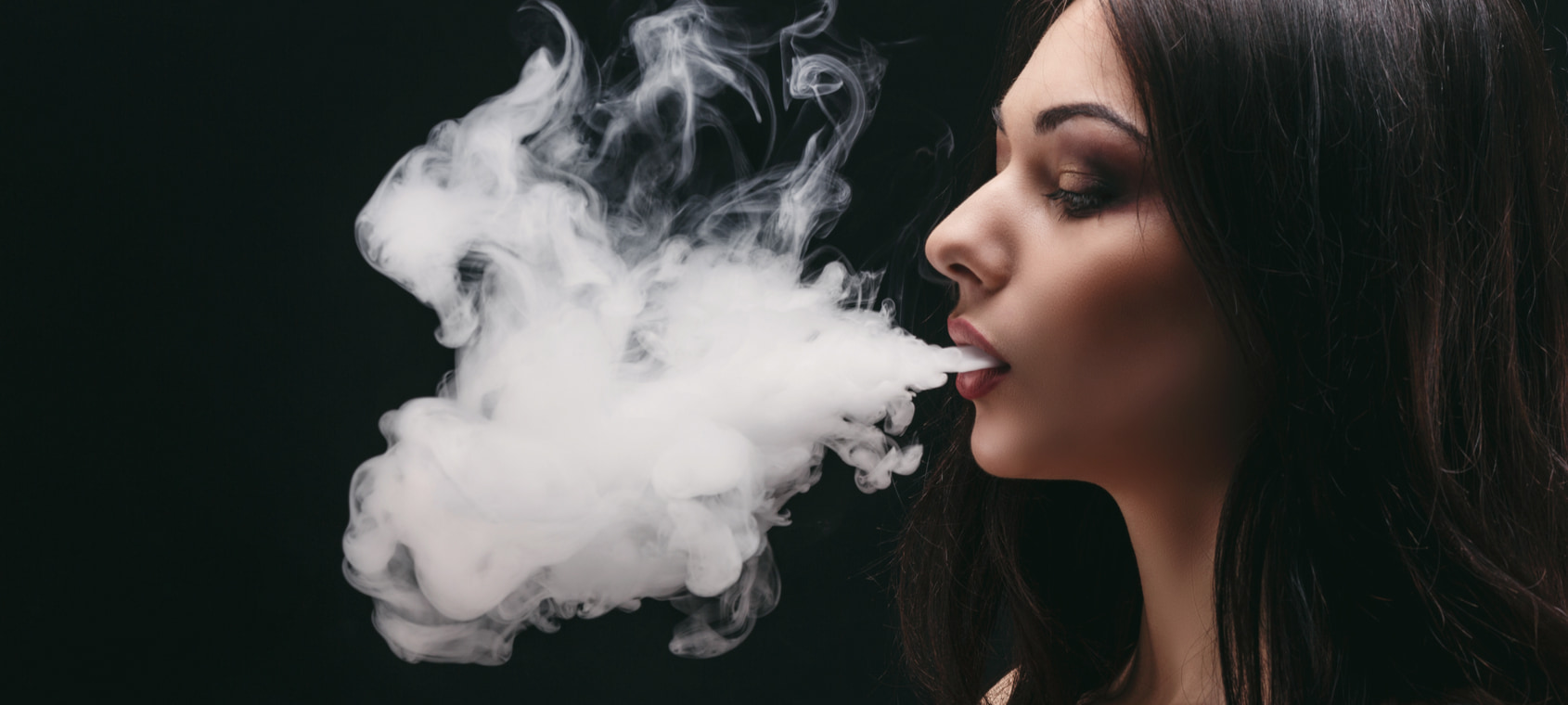
Nicotine and Surgery
Do you know nicotine can play a detrimental part in your healing process from surgery? We know that smoking impacts one’s health negatively, but it also can play a huge role during the surgical process. Most board-certified plastic surgeons have a nicotine/smoking policy within their practice and zero-tolerance when it comes to nicotine and smoking exposures. Second-hand exposure (family/friends that smoke or vape in your presence) is just as dangerous as first-hand nicotine use! Dr. Prince’s surgical patients are nicotine tested prior to surgery and the day of surgery to ensure the patient is nicotine free and will have optimal surgical results.
During a tummy tuck or breast surgery, layers of skin and tissue are lifted and stretched. After surgery your blood vessels will need time to heal to reestablish oxygen supply to those areas. When nicotine is used, nicotine shrinks the blood vessels which decreases blood flow. When blood flow is compromised to these newly healing tissues, skin death can occur. To heal areas of necrosis (skin death), additional surgeries may be performed to remove dead skin and tissue. Occasionally, the use of wound vacs may be indicated for several weeks until the area has healed, with possible skin graft surgery to follow.
Other complications that can arise are:
- Loss of skin or nipples after a breast lift, breast reduction, or tummy tuck surgery
- Infections
- Death of fat cells (fat necrosis), causing hard lumps
- Delayed wound healing
- Thick, wide scars
- Blood clots, which can be fatal
- Increased pain
- Permanent small vessel damage adding risk even if you quit using nicotine
- Capsular contracture
- Loss of breast implants
- Life-threatening complications like stroke, heart attack, blood clots, and pneumonia
- Complications from or under anesthesia
Products that include nicotine are:
- Cigarettes
- Cigars, Little Cigars, Cigarillos
- Dissolvable Nicotine Products: Lozenges, mints, strips, or sticks
- Electronic Cigarettes
- Smokeless Tobacco Products: Chewing tobacco, moist snuff
- Waterpipes
- Nicotine Patches
- Nicotine Gum
- Marijuana rolled in cigar paper
- Second-Hand Smoke from any of the above
To keep her patient’s safe and provide the best outcome, Dr. Prince requires all her surgery patients be nicotine free at least 6 weeks prior to and after surgery and are subject to nicotine testing. Linked below is the nicotine policy that Dr. Prince provides to her surgical patients.
Call our office with any questions regarding our policy or if you would like to book a consultation with Dr. Prince!